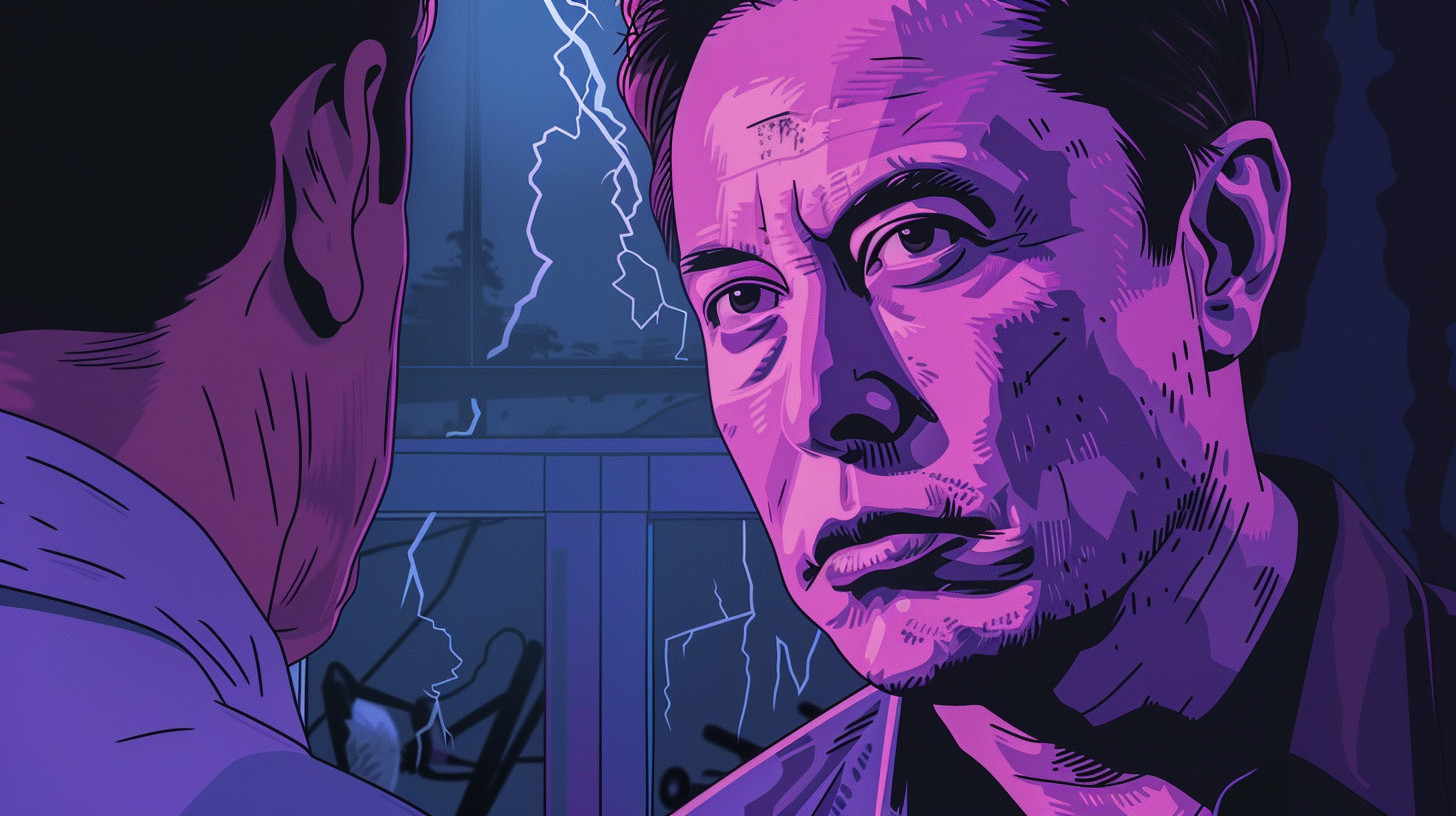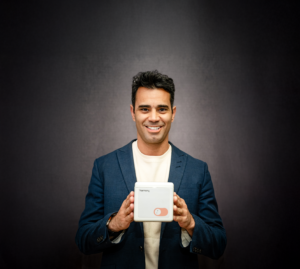
Por Contxto, Editor
March 6, 2024
Musk, a co-founder, had sued OpenAI, claiming a breach of their commitment to freely share AI advancements. He specifically criticized the formation of a profitable partnership with Microsoft, which invested $13 billion in OpenAI, labeling the company a “closed-source subsidiary” of Microsoft.
Founding OpenAI members including Sam Altman and Greg Brockman shared in a blog post that Musk himself advocated for substantial fundraising, proposing a $1 billion commitment over the initial $100 million target. They argued that a for-profit model, suggested in late 2017 with Musk desiring significant control, was ultimately rejected to maintain OpenAI’s mission integrity. Musk’s subsequent proposition to integrate OpenAI with Tesla was also declined.
The dispute underscores the growing tension over OpenAI’s trajectory, which became a commercial powerhouse following ChatGPT’s 2022 release. Now valued at $80 billion and generating over $2 billion annually, OpenAI’s governance and ethical standards are under scrutiny, especially after the controversial handling of CEO Sam Altman’s position last year. Amidst internal and external investigations, OpenAI’s leadership expresses regret over the conflict with Musk, who has initiated a competing AI venture, xAI.

Por Stiven Cartagena
January 12, 2026

Por Stiven Cartagena
December 12, 2025